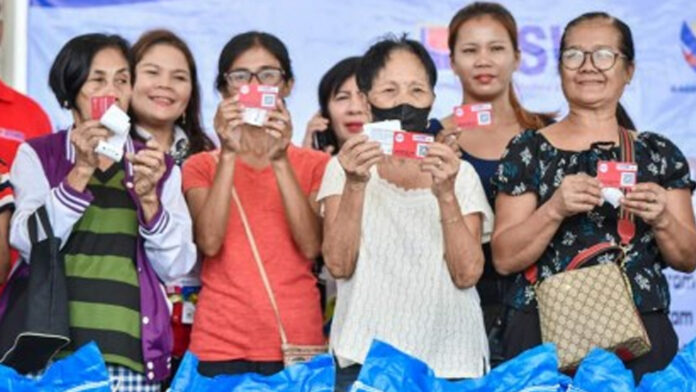The government has already put in place necessary measures to address the reported rise in the incidence of involuntary hunger in the country, Department of Social Welfare and Development (DSWD) Secretary Rex Gatchalian said on Friday.
In a news release, Gatchalian cited the timely scale-up implementation of the Walang Gutom (No Hunger) Program (WGP), which started in July as the administration’s response to the increase in the number of Filipinos who experienced involuntary hunger.
“As we expand the Walang Gutom program from an initial pilot implementation covering 2,300 household beneficiaries in five areas to 300,000 household beneficiaries in 22 provinces in 10 regions, we are confident that this will ease the hunger situation and significantly improve the quality of life for affected families,” he said.
“We are committed to addressing this issue head-on. Our goal is to ensure that no Filipino family goes hungry.”
Gatchalian made the assurance following results of the recent Social Weather Stations survey, which showed that the number of Filipino families experiencing involuntary hunger rose to 22.9 percent in the third quarter of this year from 17.6 percent in the second quarter.
While the survey is experiential in nature and based on self-assessment, Gatchalian said the DSWD recognizes the gravity of these figures and is taking immediate steps and decisive actions, including enhancements in the nationwide implementation of WGP.
He said the DSWD is working double time to serve the initial target of 300,000 WGP beneficiaries this year under the Walang Gutom 2027: Food Stamp Program.
“We have already identified our target areas where concentration of food poor families and prevalence of malnutrition are high. And we have already started the redemption of food credits or distribution of food items in these priority sites,” Gatchalian said.
Of the target, over 180,000 beneficiaries are already onboard, with over 80,000 of them already receiving food credits worth PHP3,000 per month, he said.
The Walang Gutom Program, through Executive Order No. 44 issued by President Ferdinand R. Marcos Jr last year, is the government’s flagship program to combat food insecurity and ensure that vulnerable families have access to sufficient and nutritious food.
The anti-hunger program is designed to provide essential food credits to low-income families, empowering them to access nutritious food and alleviate hunger.
The WGP, Gatchalian said, provides crucial interventions which not only address hunger and malnutrition among the poorest households, but also capacitate beneficiaries to stand on their own through job skills and job placement components in partnership with the Department of Labor and Employment and the Technical Education and Skills Development Authority.
Through the program, the DSWD aims to provide sustainable solutions that address both immediate hunger and the long-term well-being of Filipino families.
It features assessment tools based on both experiential measures and family income and food expenditure metrics.
The WGP was piloted by DSWD, in partnership with the Asian Development Bank and the World Food Program, from December 2023 to June 2024. (PNA)






